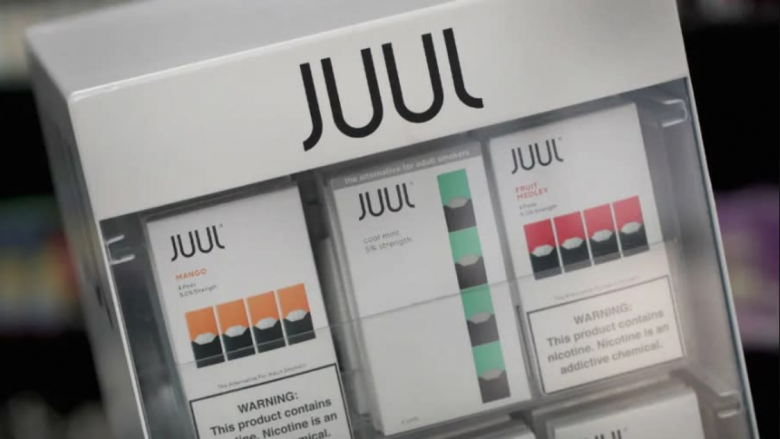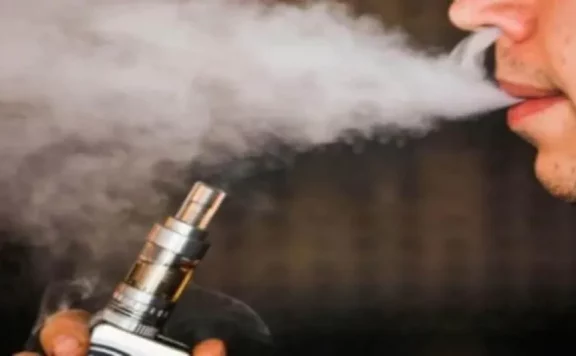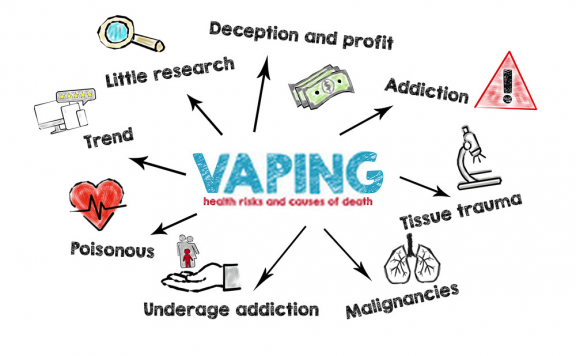Juul sues FDA to grant it access to the records necessary to understand why all present Juul products are subject to the agency’s marketing denial order (MDO). The District of Columbia’s U.S. District Court received the complaint on Tuesday.
Juul has urged the court to assume and maintain jurisdiction over the case until the FDA conforms to Juul’s FOIA requests and other court orders, as well as to require the agency to turn over the sought papers and forbid it from withholding other relevant information in the future.
FDA's strange behavior in relation to Juul's PMTA
The FDA granted an MDO for existing Juul products the next day, based on manifestly dubious accusations that Juul’s $100 million premarket tobacco applications (PMTAs) had omitted crucial toxicological findings. The FDA initially leaked its upcoming action to the Wall Street Journal on June 22. The FDA reviewed the company’s PMTAs for almost two years and had the right to issue a deficiency letter at any point if crucial data were in fact lacking.
A temporary stay of the order was requested by Juul and granted by the D.C. Circuit Court of Appeals on June 24, one day after the FDA issued the MDO. The FDA finally caved and issued its own stay to Juul on July 5, two weeks after the court temporarily restrained it from enforcing its MDO, claiming it had “decided that there are scientific concerns unique to the JUUL application that need more investigation.” However, the FDA did not withdraw its MDO as in the case of other businesses like Turning Point Brands, despite issuing a stay and pledging extra PMTA review.
Juul's FOIA efforts ran into a hurdle
Juul Labs invoked the Freedom of Information Act (FOIA) to request access to scientific disciplinary evaluations and other documents pertaining to Juul’s PMTAs to learn more about the procedures and actions of the FDA. Only 115 of the 292 pages the FDA determined to be relevant to Juul’s FOIA request will be provided in full, with the majority of the papers being withheld due to the “deliberative process privilege.”
One of the exclusions that federal agencies might use to justify withholding documents from FOIA requests is the deliberative process privilege. According to the National Law Review, the exemption permits a body like the FDA to reject FOIA requests for “pre-decisional” and “deliberative” information in order to “guarantee that federal agencies are able to engage in frank and open conversations in their decision-making processes.”
Juul also reportedly had informal discussions with the FDA, but “despite FDA regularly releasing these materials when making marketing decisions for other tobacco products, the agency invoked the deliberative process privilege and refused to provide that same information” to Juul, according to its Tuesday court filing. Additionally, the corporation appealed to the FDA administratively; however, by the agency’s mandated deadline of September 13 for resolution, the appeal had not received a response.
According to Juul, the deliberative process privilege “is designed to encourage open policy debates within agencies.” “It was never intended to keep a scientific agency’s work secret from the general public.”
What information will the omitted documents reveal? Juul fervently thinks they can demonstrate that the FDA lacked scientific justification for rejecting their application. It would be significant. Unfortunately, they won’t disclose the phone discussions between FDA Commissioner Robert Califf and lawmakers like Illinois Senator Dick Durbin, who have steadfastly pushed the FDA to ban Juul despite its scientific review’s findings.
“Sooner or later, we will uncover how much corruption has influenced the FDA’s choices,” said Amanda Wheeler, president of the American Vapor Manufacturers Association.







